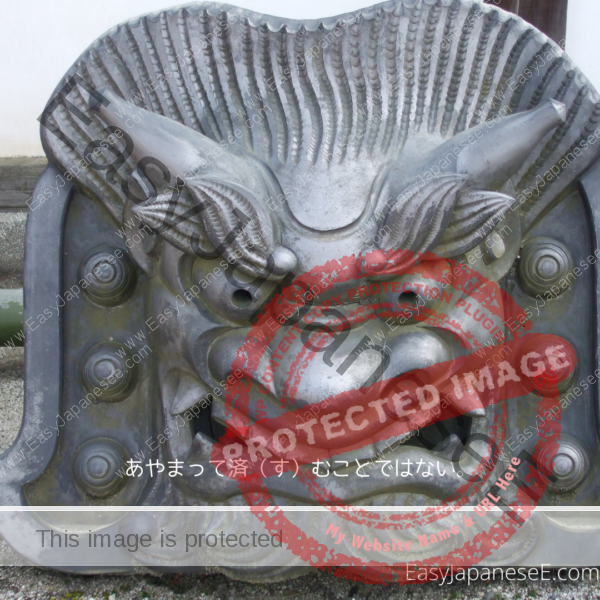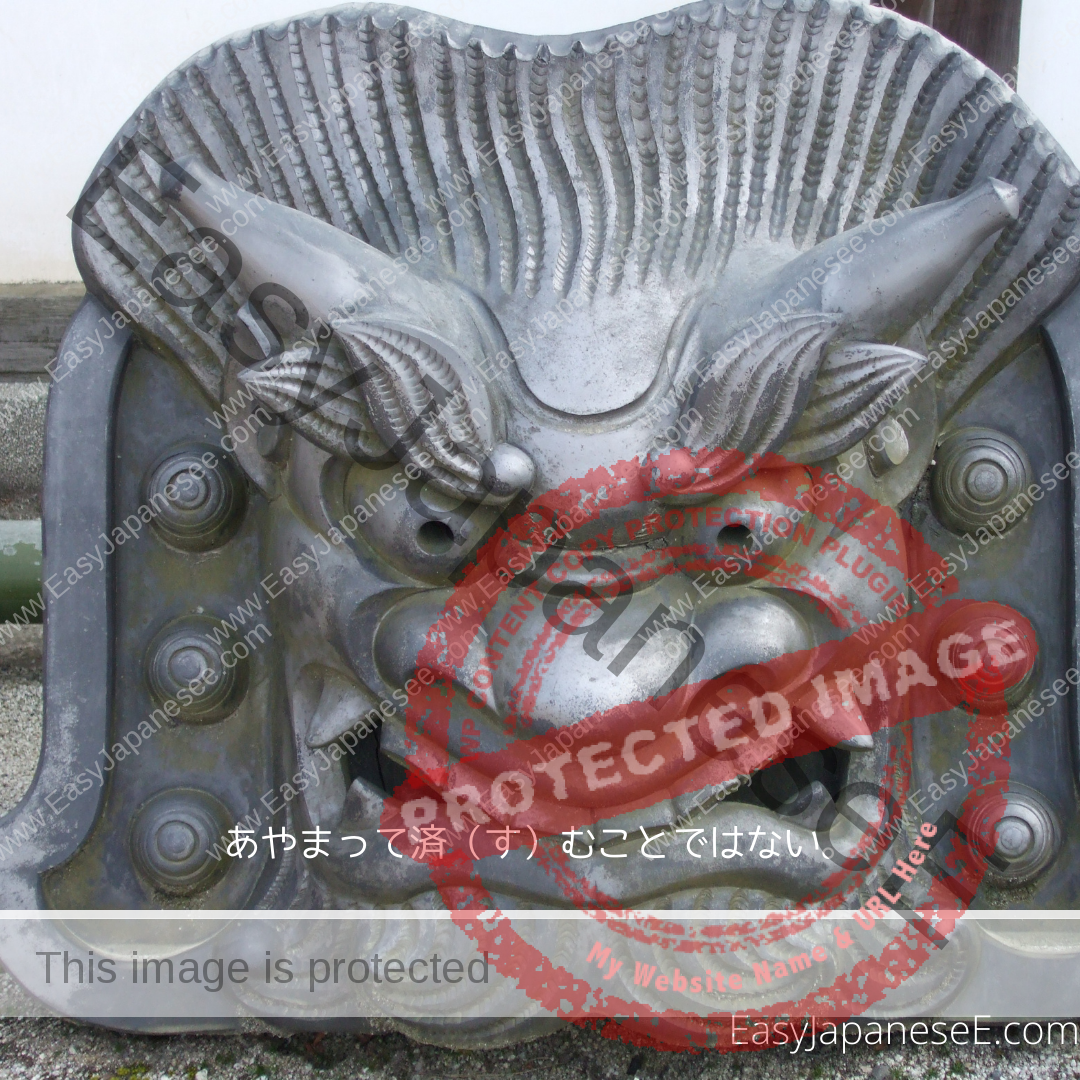
Today’s Grammar Point: ~てすむ/~ですむ
すむ(済む) has a few meanings but if it is used after a てform verb/adjective or a noun + で, ~て/で すむ means “to be settled with/by ~” or “~ is enough to…”
Connections
- [てform verb/adjective] + すむ
- [noun] + で + すむ
Examples
あやまって済むことではない。
It is not something that can be settled with an apology.お金を払って済めばいいのだけれど、そういう訳にはいかないだろう。
It would be good if you could settle the matter by just paying for it but I don’t think that would be the case.今日は買い物に行かなくて済んだ。
I didn’t have to go shopping today.きょうの夕食は安くて済んだ。
We were lucky to have cheap dinner today.車での旅行は、手荷物が少なくて済むからいい。
Traveling by car is good because it requires less hand luggage.その程度のケガで済んで良かった。
I’m glad that you escaped the situation with that little injury.前髪を切るだけなら五分で済みますよ。
Just cutting your bangs would take only 5 minutes.罰金で済みました。
I only had to pay some fine.停学になると思ったけど、反省文を書くだけで済みました。
I thought I would be suspended, but all I had to do was to write a reflection statement.金で済むならいくらでも出す。
If money can settle it, I will pay any amount.
If you liked this article, please share it with your friends using the social media buttons below. Also, your clicks on ads on this page help covering the cost of running this website. Your support will be much appreciated.

